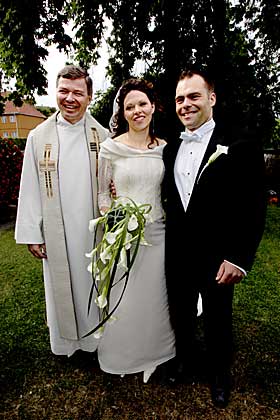woody60707
Deity
Quick, potentially dumb question that google couldn't answer. If, in many modern democracies, there is a seperation of church and state, why are clergy members allowed to participate in government by voting?
Wow. Really? No really??? The US government doesn't give a damn what you. I'm a atheist. My friend at work is a hardcore jebus fan. We both get the same vote (1 vote FYI).
Now if the Ilubjezbus people started getting more then one vote/person, there would be a problem! Now a fact of this nation is I live in is that 9 out of 10 people believe in this make believe being of some type. (I don't!)
But really, would you denied the right to vote by the people who disagreed with you...Because that's really not disagreeing at all!?!



 )
)